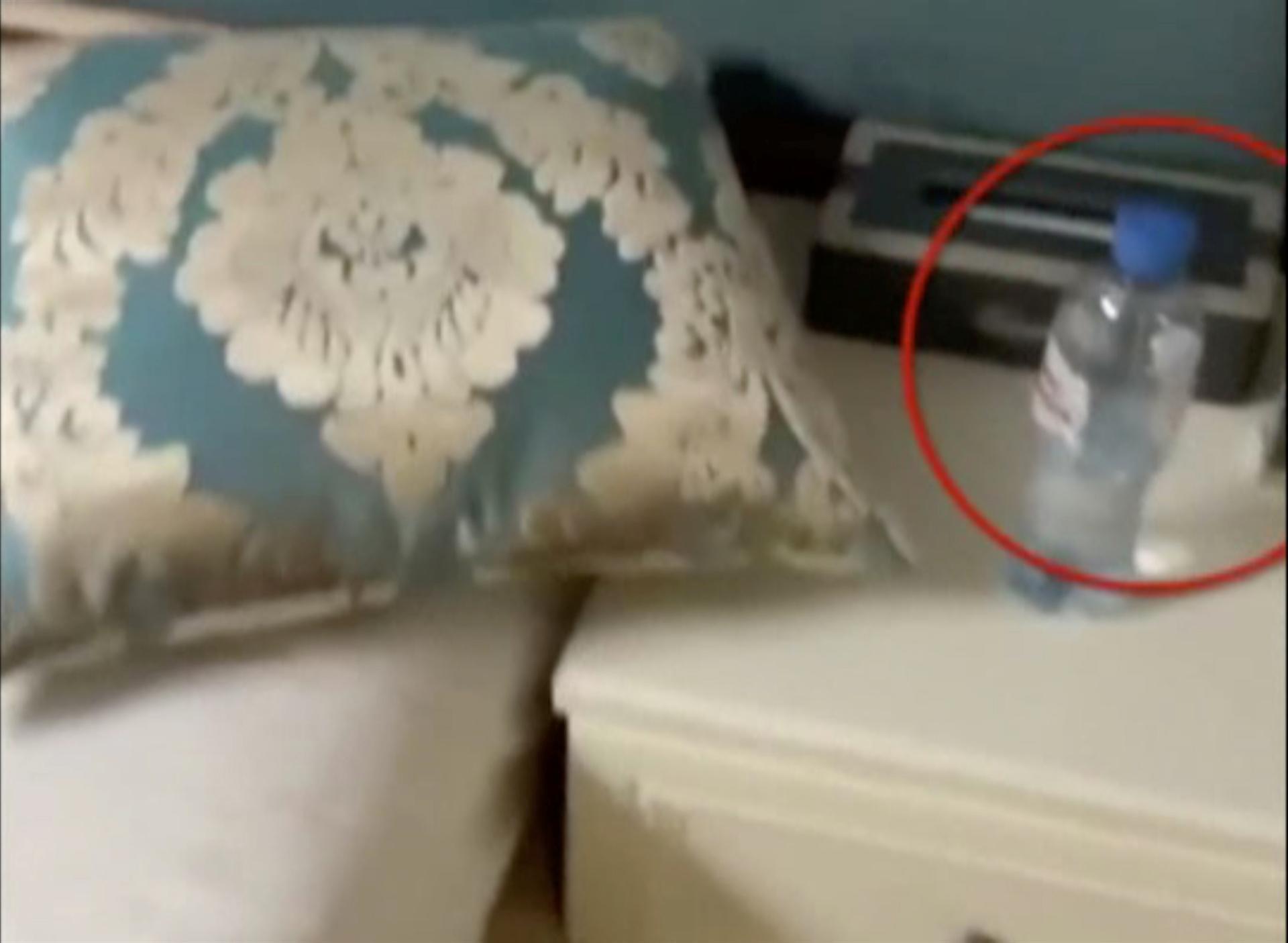
The nerve agent used to poison Russian opposition leader Alexei Navalny was detected on an empty water bottle from his hotel room in the Siberian city of Tomsk, suggesting he was poisoned there and not at the airport as first thought, his team said on Sept. 17.
Navalny fell violently ill on a flight in Russia last month and was airlifted to Berlin for treatment. Laboratories in Germany, France and Sweden have established he was poisoned by a Novichok nerve agent, a poison developed by the Soviet military, though Russia denies this and says it has seen no evidence.
A video posted on Navalny's Instagram account showed members of his team searching the room he had just left in the Xander Hotel in Tomsk on Aug. 20, an hour after they learned he had fallen sick in suspicious circumstances.
"It was decided to gather up everything that could even hypothetically be useful and hand it to the doctors in Germany. The fact that the case would not be investigated in Russia was quite obvious," the post said.
The video of the abandoned hotel room shows two water bottles on a desk, and another on a bedside table. Navalny's team, wearing protective gloves, are seen placing items into blue plastic bags.
"Two weeks later, a German laboratory found traces of Novichok precisely on the bottle of water from the Tomsk hotel room," the post said.
"And then more laboratories that took analyses from Alexei confirmed that that was what poisoned Navalny. Now we understand: it was done before he left his hotel room to go to the airport."
Previously, Navalny's aides had said they suspected he had been poisoned with a cup of tea he drank at Tomsk airport.
Vladimir Milov, a former deputy energy minister and an ally of Navalny, said his team had outmanoeuvred the FSB security service with their quick thinking.
"They took the evidence from under their noses and shipped it out of the country," he said.
Navalny's ally Georgy Alburov told Reuters "the bottles flew with Alexei" when he was airlifted to Germany on Aug. 22.
Navalny is President Vladimir Putin's most prominent political opponent but has not been allowed to form his own party. His investigations of official corruption, published on YouTube and Instagram, have reached audiences of many millions.
He is being treated in a Berlin hospital. Another supporter, Lyubov Sobol, said his recovery would take a long time.
'Real investigation'
Speaking on Navalny's YouTube channel, Alburov said: "We continue to demand a serious, real investigation and we know where the results will lead. They will lead to us finding out that behind the poisoning of Alexei stand the Kremlin, Putin, the FSB, who organised all this."
The Kremlin has called the accusation groundless, saying it would make no sense for it to poison Navalny and then allow him to travel for medical treatment in another country where the poison would be detected. It has said it needs to see more evidence before a formal criminal investigation is opened.
Germany, France, Britain and other nations have demanded explanations from Russia, and there have been calls for new sanctions against Moscow.
The Organisation for the Prohibition of Chemical Weapons (OPCW) said on Thursday that Germany had asked it for technical assistance.
The head of Navalny's anti-corruption foundation in Moscow, Ivan Zhdanov, told Reuters that an investigator from Tomsk had visited its office on Wednesday and wanted to talk to two of its employees who were with the politician on his visit to Siberia.